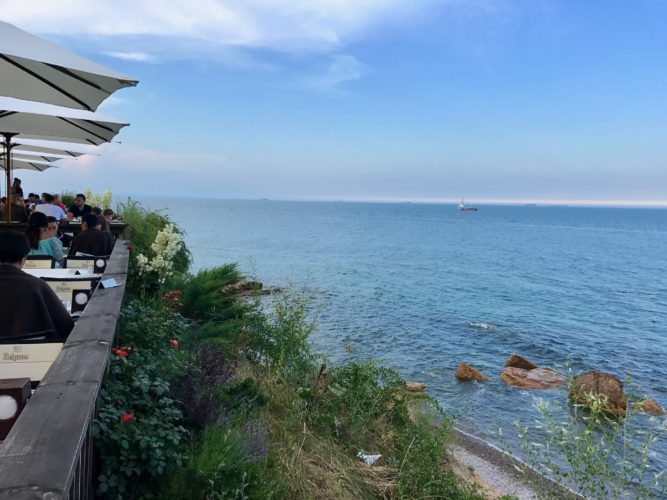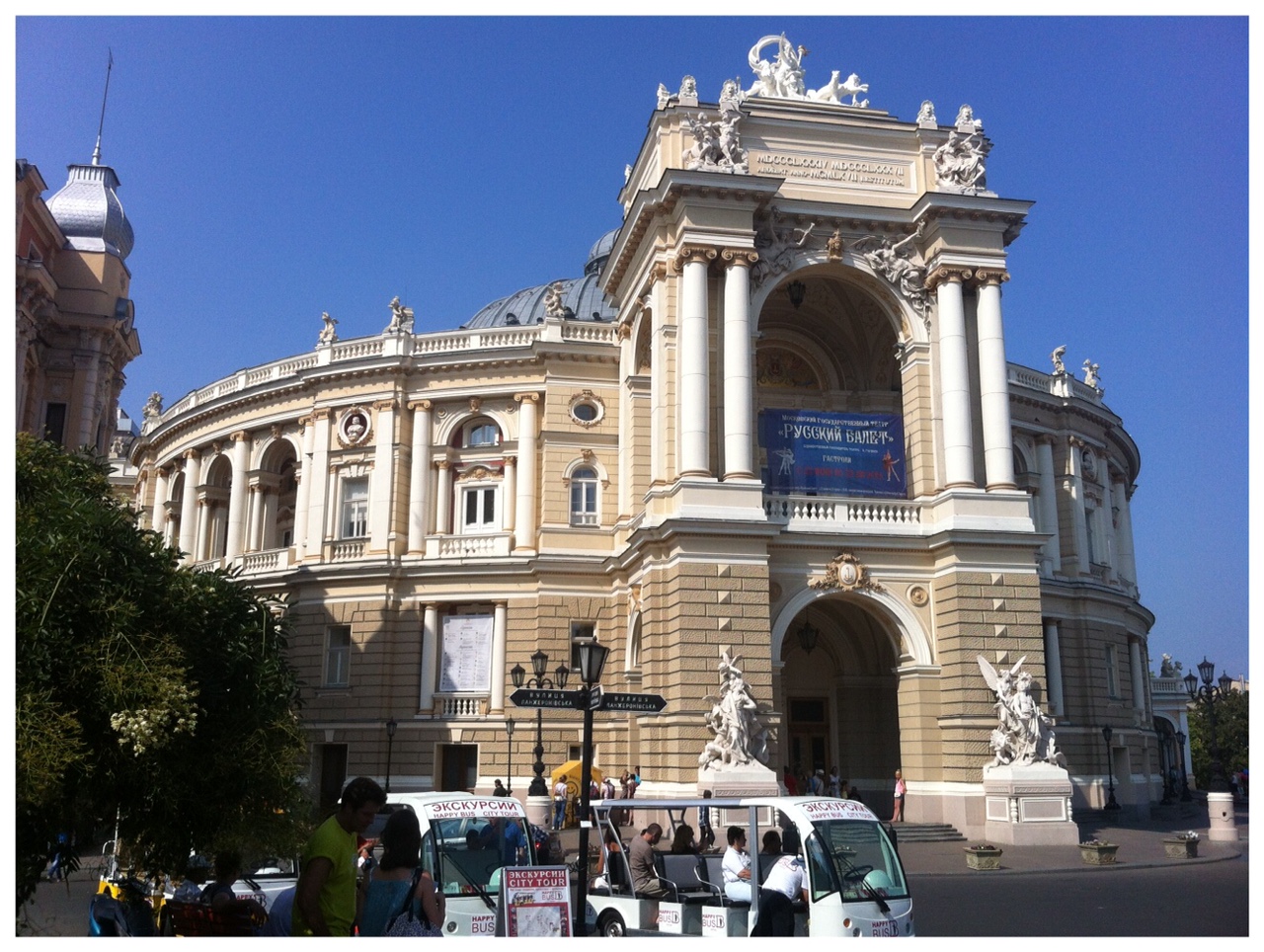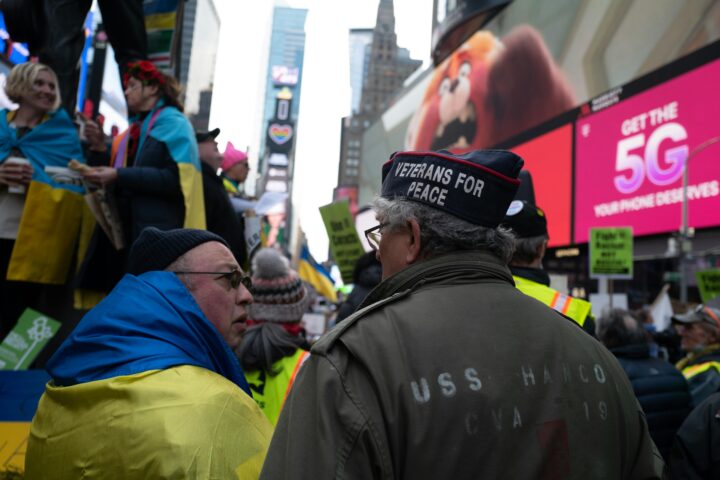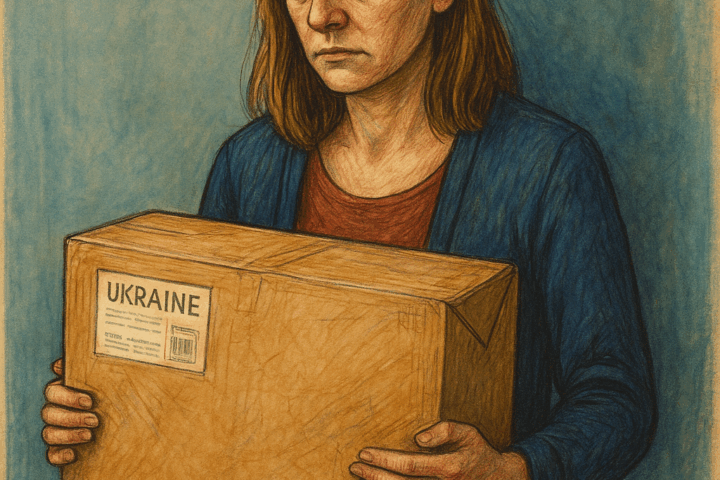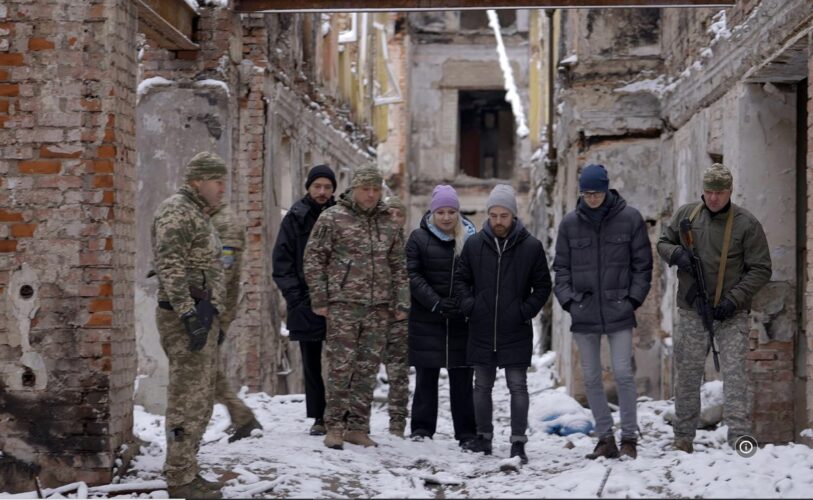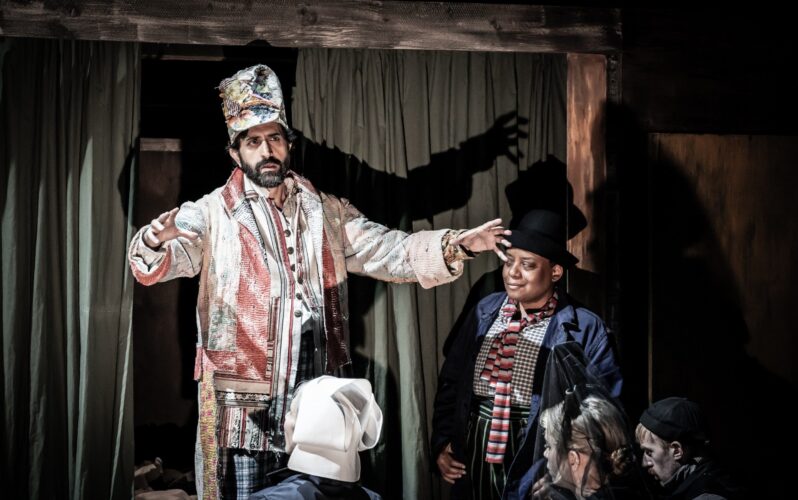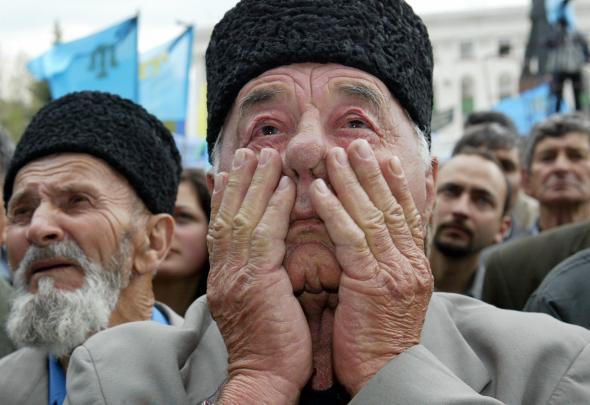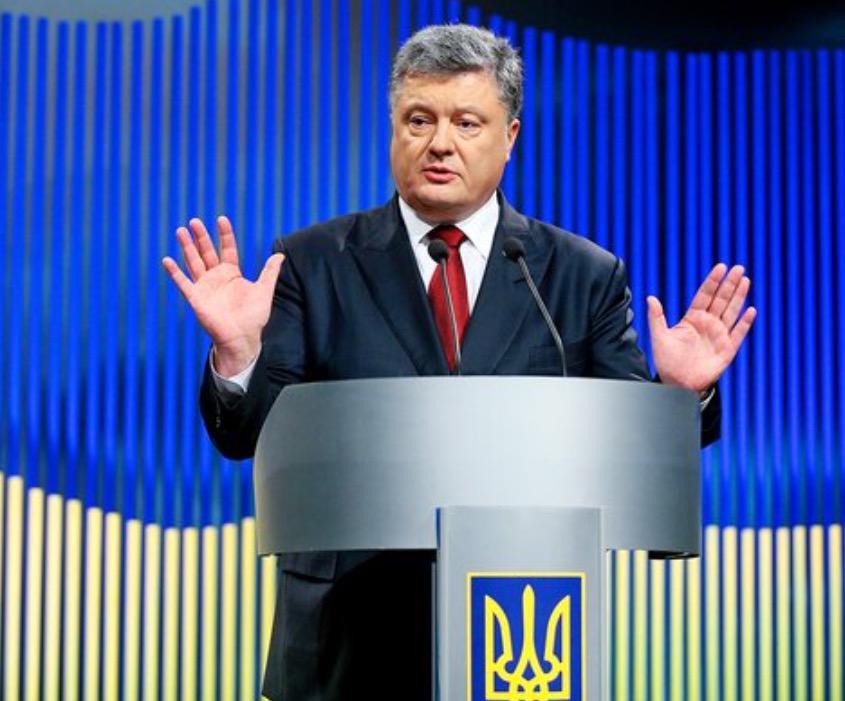Chronicle of a Revolution: Ukraine 2013-2017
5. Odessa, the Pearl of the Black Sea at stake
Author: Pierre Scordia
Media Coverage in Britain and France
Odessa
In the clashes in Odessa that killed more than 40 people (most of whom were burned alive – on 2nd May 2014), pro-Russian demonstrators were not innocent according to The Economist; many were financed by the pro-Russian candidate for the Odessa mayoral elections, Hennadiy Trukhanov. So much traffic passes through Odessa that it is not at all difficult to hire provocateurs for a day. However, the British magazine in its article of 8th May 2014 claims that the opposition candidate to Trukhanov, Aleksandr Dubovoy, has also paid troublemakers; Dubovoy and his leader, Yulia Timoshenko would have had an interest in sabotaging the presidential elections that she stood no chance of winning. In addition, the Ukrainian government has been criticized for its unwillingness to shed light on the Odessa tragedy. This lack of transparency also applies to the investigation into the Maidan Square massacre, where 82 militants were killed.
A year later, The Economist returns to those Odessa events and deplores the lack of progress in the fire investigation which, by the way, had served as a pretext for the rebels in the East to justify violence. According to this magazine, the Ukrainian authorities have hampered the work of the judiciary, since out of the 22 people charged, only one pro-Ukrainian activist is among them. As for Odessa police, it is said that corruption takes precedence over any respect for the law. However, thanks to a policy of arrest, denunciation and intimidation, the Ukrainian party in Odessa avoided the emergence of a new People's Republic of Bessarabia. There is talk of an alliance between self-defense groups (born of the Maidan Revolution) and the nebulous world of the Odessa mafia. Furthermore, The Economist mentions another stabilizing factor: the love of Odessa in both camps together with mistrust of any authority. The Russian-speakers in Odessa refuse to allow their city to succumb to the same fate as the oblasts of Donetsk and Lugansk. In conclusion, the magazine says that peace in Odessa remains fragile and that a spark would be enough for the situation to explode.
It should be noted that the BBC denounces the Russian interpretation of events in Odessa, which fails to make mention of the actions of pro-Russian thugs against pro-Ukrainian activists before the fire took place.
The Huffington Post gives a more positive picture of Odessa and Ukraine in general. They mention changes taking place in the city such as reforms in the police and customs along with actions taken by the dynamic governor of the Odessa Oblast, Mikheil Saakashvili. According to Mediapart, reforming Odessa remains nonetheless a titanic task.
form-idea.com London, 22/01/2020. Read the article in French
Chronicle of a Revolution: Ukraine 2013-2017
1. Media coverage of the Ukrainian crisis in France and Great Britain
2. The beginning of the political crisis
3. The February Revolution of 2014
5. Odessa, the Pearl of the Black Sea at stake.
6. Petro Poreshenko: the Providential man?
7. Russian roulette in Ukrainian sky | Flight MH17
8. Parliament elections & the power of Western regions
9. War in Donbas | Welcome to Absurdland!
10. The Eurovision: a diplomatic row
